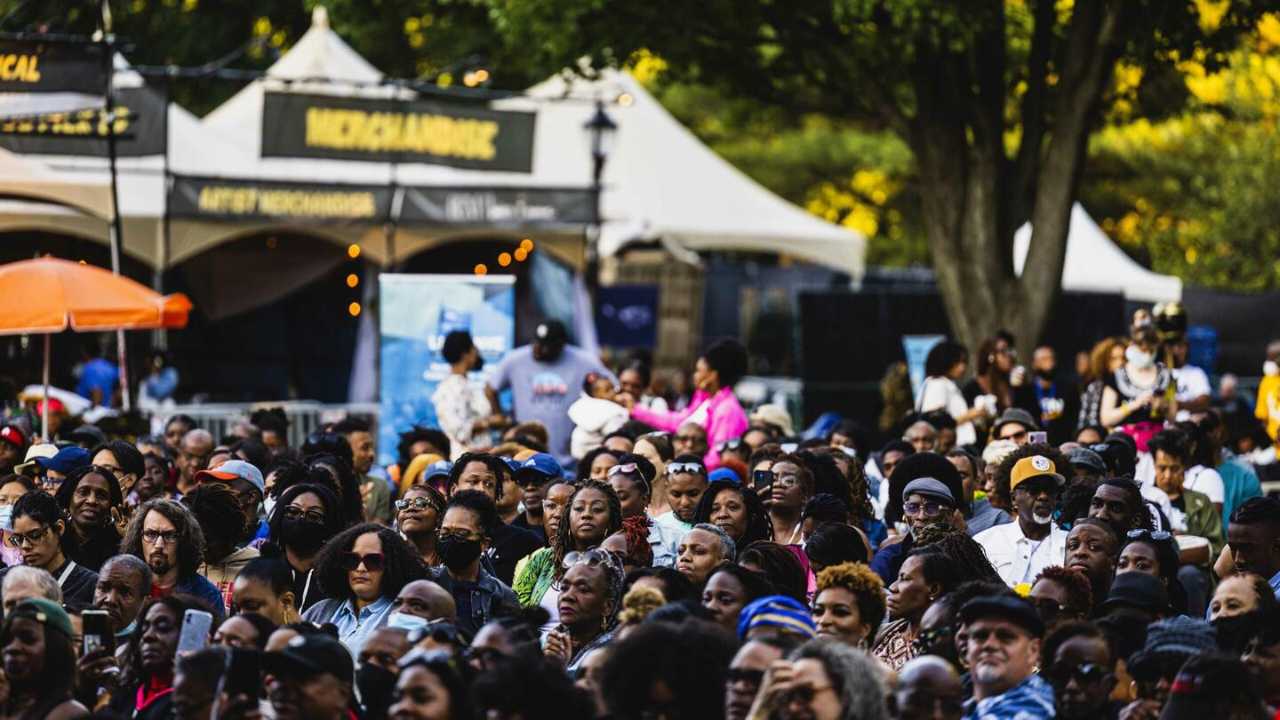On June 19, communities across the United States will come together to celebrate Juneteenth—an important day in American history that commemorates the emancipation of enslaved African Americans. Also known as Freedom Day or Emancipation Day, Juneteenth marks the moment in 1865 when federal troops arrived in Galveston, Texas, to enforce the Emancipation Proclamation—more than two years after it was first issued.
Now recognized as a federal holiday, Juneteenth has grown into a powerful annual tradition marked by celebration, remembrance, and education. In cities and towns across the country, cookouts and community conversations will serve as the heart of the festivities.
Food as a Symbol of Freedom
One of the most cherished traditions of Juneteenth is the cookout. These gatherings are more than just meals—they are spaces for community bonding and cultural reflection. Traditional Juneteenth cookouts often feature dishes rooted in African American heritage and Southern cooking.
Expect tables filled with barbecued ribs, jerk chicken, hot links, collard greens, potato salad, sweet tea, and red drinks such as hibiscus punch or strawberry soda. Red foods and beverages hold a special cultural significance in Juneteenth celebrations, symbolizing strength, resilience, and the bloodshed of those who fought for freedom.
In recent years, recipes have expanded to include both traditional and modern takes on soul food. From cherry-bourbon glazed ribs to red velvet cake, Juneteenth menus are evolving to celebrate heritage and culinary creativity. Recipes and celebration tips can be found through sources like USDA’s MyPlate and community cookout guides provided by local governments.
Conversations That Matter
While food brings people together, the true essence of Juneteenth lies in meaningful conversations. Across cookouts and community centers, discussions often focus on Black history, civil rights, and what freedom means today.
Topics range from the history of slavery and the Civil War to current social justice issues and the importance of voting rights. These dialogues aim to educate younger generations, foster community healing, and spark activism.
In places like Washington, D.C., local leaders are organizing “Cookouts & Conversations” events, combining food with storytelling sessions, live music, and open mic discussions. Community members share family histories, highlight Black-owned businesses, and honor local activists.
Such events also create opportunities for intergenerational dialogue. Elders recount the challenges they faced before and after the civil rights movement, while younger voices express hope and urgency for change in their communities.
Government Recognition and Participation
In 2021, Juneteenth was officially declared a federal holiday when President Joe Biden signed the Juneteenth National Independence Day Act into law. Since then, federal agencies, public schools, and local governments have begun to formally acknowledge the day through closures, events, and public awareness campaigns.
The National Museum of African American History and Culture plays a key role in promoting education about Juneteenth, offering free digital toolkits, stories, and historical archives. Their “Juneteenth: A Celebration of Resilience” virtual programming includes talks by historians, culinary demos, and oral history collections.
Additionally, the U.S. Department of the Interior helps coordinate events at national parks and heritage sites, many of which feature live performances, reading circles, and educational exhibits about slavery and emancipation.
State and local governments are also stepping up. In Wisconsin, for example, the state’s Department of Public Instruction has issued resources to help educators teach about Juneteenth in classrooms. Meanwhile, city councils in places like Atlanta, Houston, and Chicago are backing Juneteenth parades, festivals, and wellness events to amplify community involvement.
Keeping the Focus on Community
Juneteenth is more than just a holiday—it’s a time for communities to come together, reflect on shared history, and plan for a more equitable future. While festive, it’s also a day of remembrance, one that honors the sacrifices and achievements of African Americans across generations.
As organizers prepare for this year’s cookouts and conversations, there’s a growing call to keep the focus on unity. Cultural leaders are urging attendees to avoid divisive conversations and instead engage in uplifting dialogue centered on legacy, progress, and empowerment.
Whether attending a backyard BBQ, a church gathering, or a city-sponsored celebration, Americans across the country will mark June 19 with pride, purpose, and the powerful act of remembrance.


